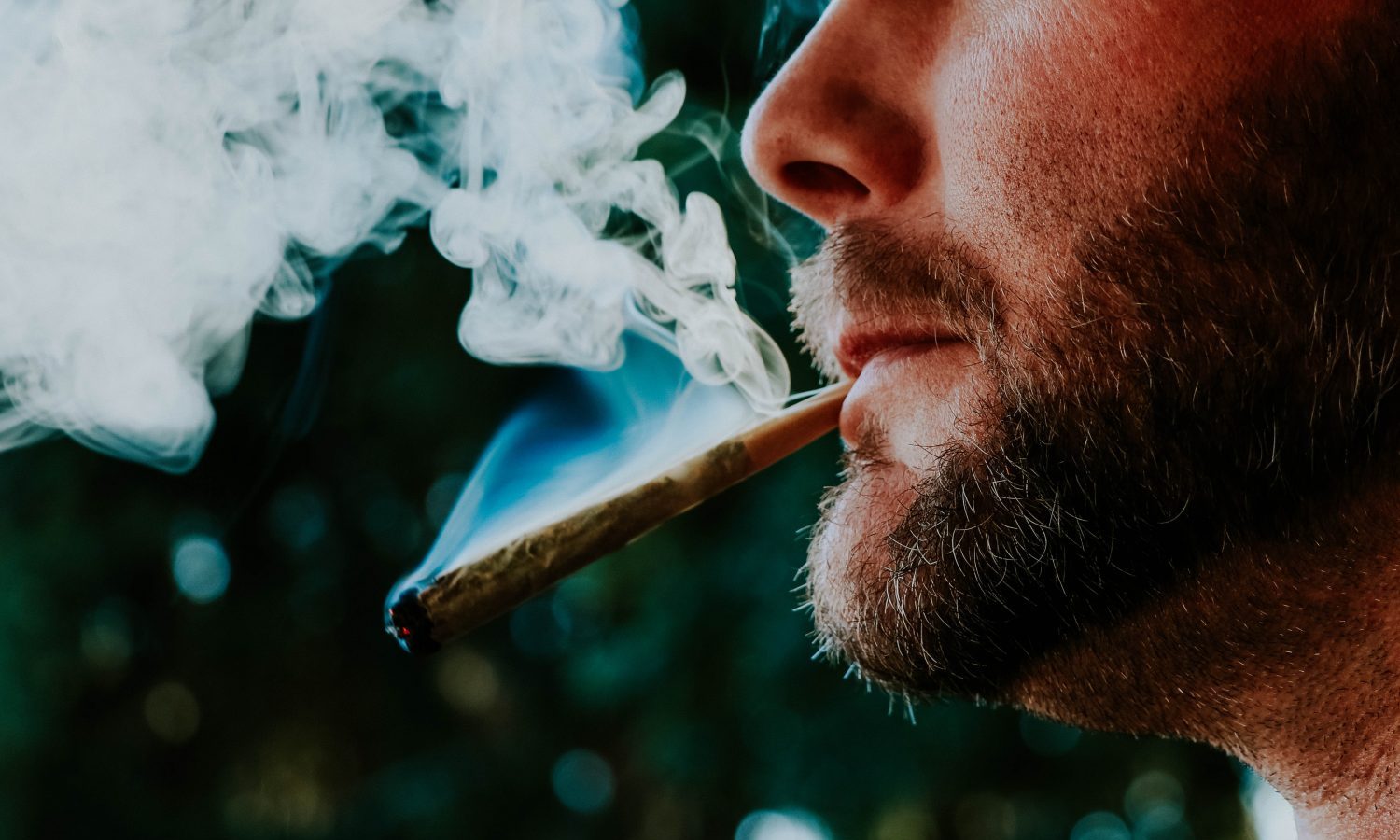A total ban on smokable hemp products makes little sense. The state has time to think this through and come up with a better solution.
A few weeks back, I wrote a post entitled “California Tries Again with CBD“, in which I discussed a new piece of legislation (AB-45) introduced to ostensibly provide a regulatory framework for the manufacture and sale of certain hemp-derived products. Those products include foods or beverages that contain cannabidiol (CBD). In that post, I mentioned that provisions in AB-45 contain bans on smokable hemp products, and in this post I’d like to jump a little further into this provision and whether it has any chance of becoming law.
Currently, AB-45 provides in part:
Unless explicitly approved by the federal Food and Drug Administration, industrial hemp shall not be included in products in any of the following categories:
. . .
(3) Processed smokable products, including, but not limited to, electronic cigarettes with nicotine.
(4) Smokable flower, including, but not limited to, hookah and shisha with nicotine.
(5) A product containing nicotine[ or] tobacco . . . .
Unpacking this, virtually any kind of smokable hemp product would be banned, from flower to vape oil. Moreover, even assuming the definition weren’t so broad, the bill would give the Department of Public Health authority to ban other products it deemed to “pose[] a risk to human or animal health through regulation,” meaning other smokable products could be banned. Apparently, public health officials asked for these provisions to be included, so it’s not hard to see how they would regulate other products.

Notably, the above ban is subject to a major caveat: a smokable product may be allowed if the FDA specifically approves of that product. However, judging by how the FDA has handled hemp-derived products since late 2018, and given the recent vape crises that spurred regulators to implementing all kinds of bans on smokable products, that will probably not happen for many, many years (if ever).
RELATED: California’s 7 Toughest And Worst Cannabis Rules
So, the main issue is the likelihood that AB-45 will pass and include this smokable hemp ban. Perhaps the best place to start is the failed attempt to pass similar legislation in California in 2020, AB-2028. This piece of legislation contained a similar hemp ban which was apparently the source of massive backlash. Ultimately, the bill was unsuccessful because agreement could not be reached on its terms by the conclusion of the legislative session.
AB-45 will undoubtedly face the same kind of opposition this year, and it has much more time to make its way through the state legislature than the hurried AB-2028 did. There have already been reports of complaints from hemp farmers in the state: it’s likely that those will continue, because eliminating an entire product category can reduce the marketability of state-grown hemp.
RELATED: The Future Of Smokable CBD Products Is Not Great
AB-45 is in its infancy so there is plenty of time for the state to remove the smokable hemp ban. If it does not, there is a serious chance that the bill will fail and this will be the third consecutive year where the state has been unable to regulate CBD. If the state does manage to pass a ban on smokable hemp products, it is likely to be subject to immediate litigation like in Indiana and Texas.
All in all, a total ban on smokable hemp products makes little sense. The state has time to think this through and come up with a better solution. Stay tuned to the Canna Law Blog for more updates on California’s battle against smokable hemp.
Griffen Thorne is an attorney at Harris Bricken, a law firm with lawyers in Seattle, Portland, Los Angeles, San Francisco, Barcelona, and Beijing. This story was originally published on the Canna Law Blog and has been reposted with permission.


